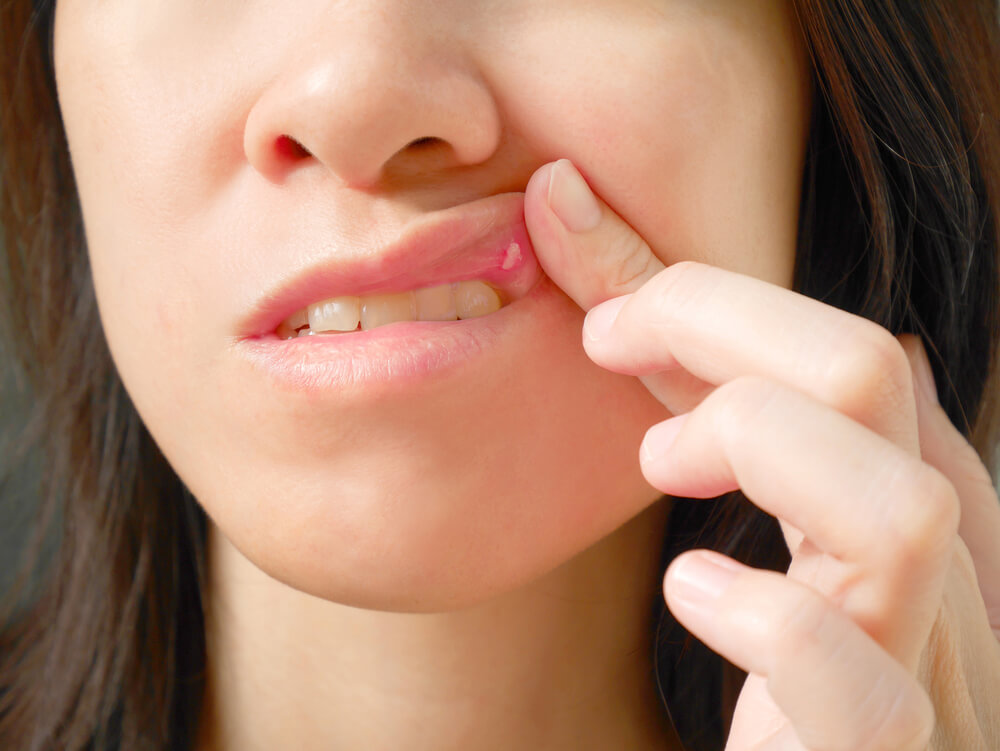A tooth extraction refers to a procedure of removing a tooth from its socket. Like most other procedure, tooth extraction is not free of possible complications, so it’s extremely important for a patient to know proper tooth extraction aftercare in order to minimalize the chance of infection and to promote faster healing.
The very first thing you should do after leaving the dental office is making sure you’re still biting on a gauze pad given and placed by your dentist after the procedure. Apply the pressure for 30 – 45 minutes. If the area still noticeably bleeding or oozing after taking the gauze pad off, place another one and bite down firmly for another 30 minutes. This action might have to be repeated several times until the bleeding stop completely. If you run out of gauze pad, it can be replaced with any kind of tea bag. Just don’t forget to apply pressure, since it’s really the pressure that will stop the bleeding.
 The next thing to address is the swelling. It’s completely fine to have some swelling after tooth extraction, it’s the body’s normal reaction to the dental surgery procedure and healing process. Generally, it will increase around the third day after the surgery, but the first 24 hours is extremely important to minimize swelling and discomfort. You can do this by taking an anti-inflammatory medication such as Ibuprofen or Aleve, etc. Another thing to do is strictly stick to soft, cold foods for the first day, like ice-cream, yogurt, or applesauce. Anything cold will help minimize the swelling, which leads to another solution: ice. Placing an icepack or an unopened bag of frozen peas to the swelling area, 20 minutes on and then 20 minutes off repeatedly for the first 24 hours if possible.
The next thing to address is the swelling. It’s completely fine to have some swelling after tooth extraction, it’s the body’s normal reaction to the dental surgery procedure and healing process. Generally, it will increase around the third day after the surgery, but the first 24 hours is extremely important to minimize swelling and discomfort. You can do this by taking an anti-inflammatory medication such as Ibuprofen or Aleve, etc. Another thing to do is strictly stick to soft, cold foods for the first day, like ice-cream, yogurt, or applesauce. Anything cold will help minimize the swelling, which leads to another solution: ice. Placing an icepack or an unopened bag of frozen peas to the swelling area, 20 minutes on and then 20 minutes off repeatedly for the first 24 hours if possible.
Be careful not to disturb the healing area. It is highly advised that you don’t suck on any straws, smoke (which can disrupt the blood clotting and healing process), or eat anything sharp or crunchy that can get stuck in the freshly empty socket.
It usually takes about two weeks for the gums to heal over completely. During this time, you will need to keep your mouth very clean to help prevent infection and ensure faster healing. The day after surgery, clean your mouth thoroughly after each meal by gently brushing the healing area and rinse with warm salt water. You should stop already be able to resume to your normal life around 3 days after surgery. If you’re still experiencing heavy bleeding, severe pain, or swelling after this, please contact your dental office for further instructions.

